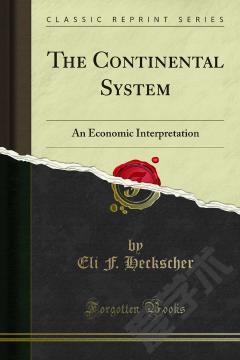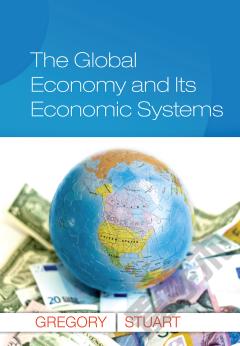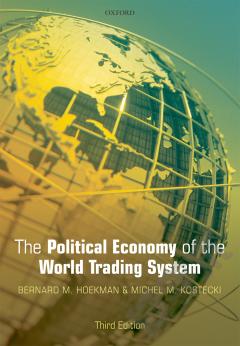The Continental System —— An Economic Interpretation
-----
The author of the present inquiry into the Continental System during the beginning of the last century is known as one of the most prominent political economists in Scandinavia and as a thorough investigator of the history of commerce. Among other things he has done very useful work by his suggestive researches concerning the economy of the World War.When the Carnegie Endowment for International Peace publishes the book, the obvious explanation is that the Continental blockade in many ways throws light on the economic blockade among the belligerent powers involved by the World War.That the Napoleonic Continental System could by no means have such far-reaching effects as those of the World War already appears from the great difference in dimensions, and from the fact that the separate nations at that time were far more independent of each other economically than they are at the present time with its extraordinary degree of international division of labour. But the author further shows how powerless the governments were at that time compared with those of the present day in the face of attempts at breaking the blockade, and to how slight an extent the measures were supported by the populations themselves. These great changes in the conditions of power and in the general view are highly interesting from a sociological point of view. But even if Napoleon had been in possession of sufficient power his own policy shows to how slight an extent a real international blockade was aimed at by the Continental System.
{{comment.content}}








 京公网安备 11010802027623号
京公网安备 11010802027623号